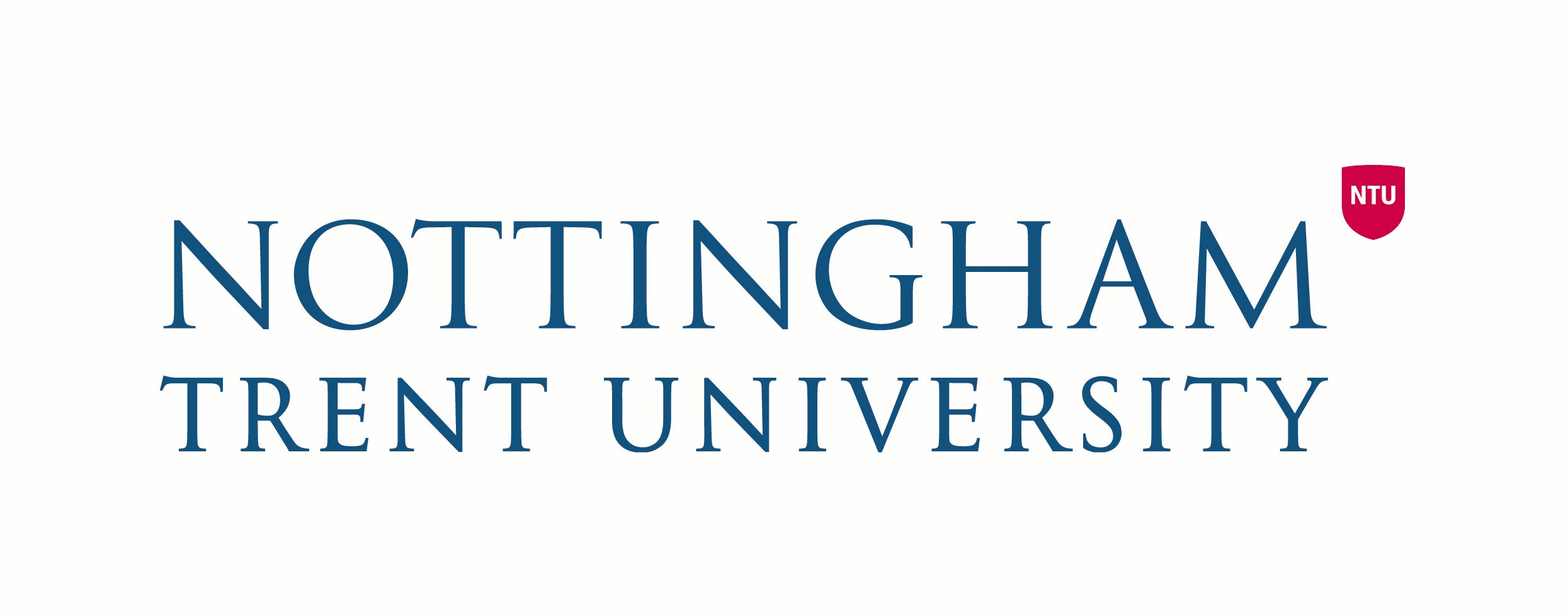
Course Summary
Nottingham Trent University’s Food Industry Technical Professional Degree Apprenticeship has been designed in conjunction with the food and drink manufacturing industry. Degree Apprenticeships help employers to grow their own talent and nurture the employees who will go on to play a key role in their business. For many employers it provides an alternative option to graduate recruitment. Employees get the opportunity to gain a degree in BSc (Hons) Food Science and Technology, with the addition of hands-on experience gained through work.Overview
Nottingham Trent University’s Food Industry Technical Professional Degree Apprenticeship has been designed in conjunction with the food and drink manufacturing industry.
Degree Apprenticeships help employers to grow their own talent and nurture the employees who will go on to play a key role in their business. For many employers it provides an alternative option to graduate recruitment. Employees get the opportunity to gain a degree in BSc (Hons) Food Science and Technology, with the addition of hands-on experience gained through work.
Why choose this apprenticeship?
In such a fast moving industry there are excellent opportunities for career progression in this sector while at the same time there is also a real need for employees to be trained to degree level (classed as higher education). Apprenticeships can offer the best of both worlds.
Structured, quality assured education alongside practical on the job learning that benefits both the employer and the employee. Companies are recognising the benefit of investing in the development of their workforce and are prepared to take on Apprentices safe in the knowledge they will be gaining the skills and knowledge that will benefit their business.
Who is this aimed at?
The Degree Apprenticeship is equivalent to the first steps on the Higher Education ladder, and is aimed at applicants, aged 18 and over, interested in developing a scientific or technical career. Some Apprentices start in entry level roles whilst others are more experienced staff perhaps without formal qualifications in the field. Usually their career and responsibilities progress throughout the duration of the programme. It is ideal for those in roles covering quality assurance, technical, production and new product development.
- You will study a range of disciplines in food science and technology, including biochemistry, product development and manufacturing processes and technologies.
- The block study approach allows you to combine studies with work and apply what you learn at University to the workplace.
- You will be working with others from the food industry, sharing work and study experiences.
- This course is accredited by the Institute of Food Science and Technology
How is the degree apprenticeship course run?
The Degree Apprenticeship is a four year programme which leads to a full BSc (Hons) in Food Science and Technology.
How will I learn?
You will experience a range of learning and teaching methods. As well as traditional lectures and tutorials you will undertake practical work in our food processing laboratory and chemistry laboratory. Visits to commercial businesses are also arranged. Course material will also be delivered by online learning.
How will I be assessed?
You will be assessed through coursework (60%) and exams (40%).
When are are the block study periods?
The course is delivered by a combination of fourteen 5-day block study periods alongside online learning to deliver additional material. Years One and Two will each contain four study blocks and years Three and Four will each contain three study blocks. The indicative block release timetable for 2018 entry is below:
Year 1
- 10 September 2018
- 26 November 2018
- 18 February 2019
- 29 April 2019
Year 2
- 2 September 2019
- 25 November 2019
- 10 February 2020
- 27 April 2020
Year 3
- 21 September 2020
- 23 November 2020
- 1 February 2021
- (April – project work)
Year 4
- 13 September 2021
- 24 January 2021
- 4 April 2021
- (April - End Point Assessment submission)
Modules
Year One
Food Chemistry:
Study aspects of chemistry that are of particular relevance to food production. Carry out laboratory analysis of foodstuffs and learn the principles of data analytics.
Food Raw Materials:
Understanding the different attributes of a range of food raw materials and evaluate how agriculture practices affect their quality. The module also covers supply chain management procedures, and how primary production is manipulated to modify characteristics of raw materials.
Food Safety:
Gain the knowledge and skills to implement safe practices in the production of food. This module covers the professionally recognised Level 4 Food Safety syllabus.
Food Product Manufacture:
Learn how to combine theory with practical application. You'll use the pilot plant equipment in the food processing hall to undertake a range of food processing operations and apply principles of safety, hygiene and quality to food production.
Year two
Principles of Product Development:
Assess the market and identify the need for a new product across different sectors of the food industry. you'll also learn about technical feasibility and cost analysis of developing a new product.
Quality Assurance:
Examine concepts, methodologies and techniques of food quality assurance, including hazard analysis and critical control points (HACCP). Carry out shelf-life assessments and apply quality assurance techniques to food products.
Microbiology of Food Processing:
Develop knowledge and understanding of microbial food spoilage and toxin production. Undertake laboratory work, learning and applying a variety of techniques for the microbiological assessment of food.
Sustainable Food Production:
Discuss the challenges, problems and benefit related to the sustainability of food production and food supply chains. You'll also identify and evaluate methods by which the environmental impact of the food industry can be minimised.
Year three
Professional Development for the Food Industry:
Learn business and management skills and understand organisational structures within the food industry.
Consumer Nutrition and Health:
Understand human nutrition and develop an ability to analyse foods for macronutrients associated with nutrition and allergens. You'll also investigate how consumer needs affect product development.
Food Technology:
Gain a sound understanding of processing operations used in the food industry, including mixing and emulsifying , filtration, heat-processing methods and dehydration.
Project:
Carry out an individual work-based study project on a topic approved by the University and your employer.
Year four
Product Innovation:
Consider the stages involved in the development of a new food product from specification design and cost analysis through to packaging, labelling and marketing. Understand the various constraints within which new food product development takes place.
Food Biochemistry:
Study the biochemical aspects of food processing, both beneficial (e.g. fermentation processes) and detrimental (e.g. food spoilage). Genetically modified (GM) crops and microbes will also be explored.
Advances in Food Processing and Technology:
This module will broaden your understanding of a range of food processing technologies, including membrane processes, high pressure processing and freezing, chilling and controlled atmosphere preservation. You will also learn about the scientific principles underpinning these technologies and their impact on food production, quality and safety.
End Point Assessment:
This module fulfils the Apprenticeship requirement for an end point assessment. You will be required to undertake a substantial work place projects on a topic agreed upon by you, the University and your employer. You will also undergo a technical interview which will test your competence as a food industry technical professional.
Food Industry Management:
Develop and promote your management skills. You'll focus on management issues within the food industry, including understanding the integrated nature of the supply chain and the commercial and political environment in which the industry operates.
Careers and employability
This qualification will assist your career progression within the food and drink sector. They are appropriate for a range of roles including quality assurance, technical, production and new product development.
This course does not currently offer placements.
Entry Requirements
For 2018 entry you will need one of the following:
- A-levels – BCC including a Science subject; or
- BTEC Extended Diploma – DMM including relevant Science modules; or
- 104 UCAS Tariff points from three A-levels or equivalent qualifications, including an A-level equivalent in a Science subject.
You will also need GCSE Maths and English at grade C or above.
For this course we accept the following Science subjects: Biology, Chemistry, Physics, Human Biology, Environmental Studies, Sports Science and Design and Technology: Food Technology.
Applicants without A-levels will have their qualifications assessed for subject compatibility.
Other requirements: You must be employed in the food industry under an 'Apprenticeship Agreement'. Your employers must fully support you in all aspects of your learning programme including time off to attend study sessions.
Applications are also encouraged from industry professionals or mature students who may not have formal entry qualifications, but who can demonstrate commitment or have relevant experience.
Getting in touch
If you need any more help or information, please email us.
How to apply
Applications to this course can be made through our NTU Applicant Portal - click on the Apply button at the top of the page to be taken straight through to the Portal.
Candidates are not required to attend an interview for this course.
Application deadline
Applications for the part-time course can be submitted up until the start of the course in October. Places are subject to availability, therefore we would advise early application.
Information for your employer
We have lots of useful advice and guidance on our website to help you discuss your options with your employer.
Please read our notes on the University's commitment to delivering the educational services advertised.
Please read our notes on the University's commitment to delivering the educational services advertised.
Here's what our students say:
"The best thing about doing my Apprenticeship is getting the combination of work experience and a salary, while getting a degree and not racking up tens of thousands of pounds of debt to pay for university." Ryan Clifford, Research and Development Apprentice. Find out more about the apprenticeship
Contact us
We can guide you through the complexities of applying, employer commitments and fees and funding.
Get in touch to find out how to get started.
Tel: +44 (0) 115 848 2351
Brackenhurst,
Southwell,
Nottinghamshire,
England,
NG25 0QF

 cy
cy




